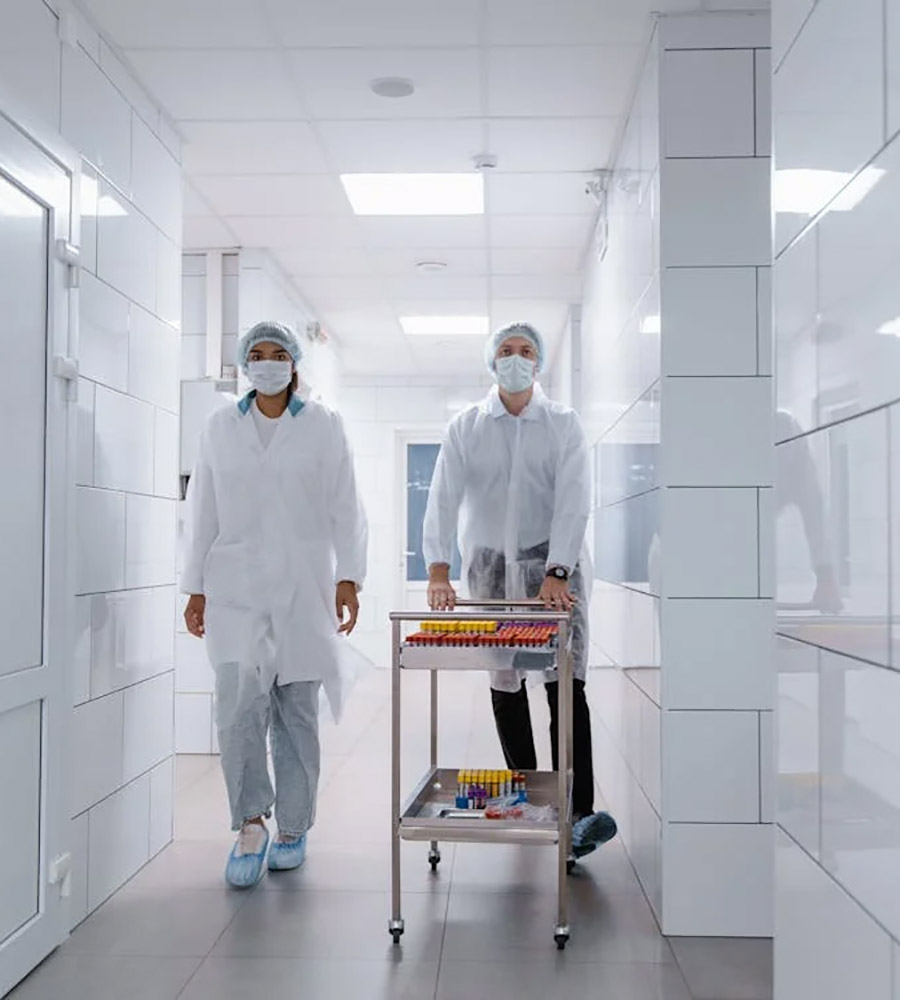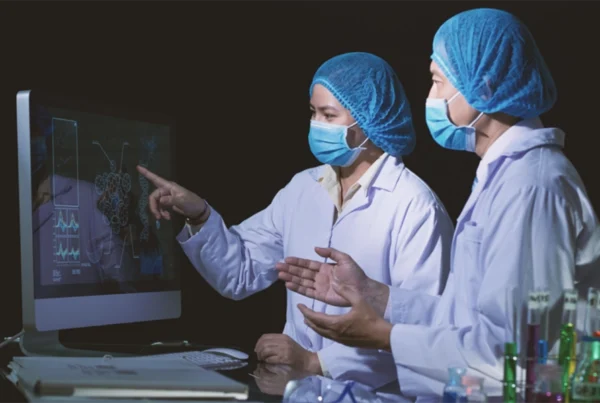Participating in a medical internship is both exciting and crucial to becoming a healthcare professional. Being a medical intern is no small feat, but unfortunately, many aspiring healthcare workers cannot afford to become an intern. In this case, medical scholarships can be of great help. Interns might find additional support through scholarships, which can ease financial burdens and make it possible for them to pursue internships that match their career goals.
Internships provide unique experiences to apply theoretical knowledge learned during coursework to real-world settings, not to mention build abilities essential for long-term success. Internships also build key skills like proper patient care, teamwork techniques, or problem-solving abilities, necessary for long-term success within the healthcare industry.
Read on to learn what special skills should be developed during a medical internship.
Exploring Various Medical Internship Types
Medical internships come in all shapes and sizes. Each type offers its distinct focus and set of responsibilities. Interns can explore fields like general medicine, surgery, pediatrics and even more specialized disciplines like radiology or oncology during an internship experience. Each internship presents its own set of unique learning opportunities that provide crucial skill development experiences.
For instance, interns working in oncology often gain exposure to highly specialized fields like medical dosimetry. While medical dosimetry is a highly specialized field typically requiring advanced certification, interns can observe its role in oncology care, gaining insight into radiation treatment planning and patient safety. By engaging with experienced dosimetrists and taking supplementary courses, interns can better understand precision healthcare practices and patient-centered care.
In general, medical dosimetrists play an essential role in planning and calculating radiation doses for cancer treatments. Their goal is to ensure patients get exactly the dose required to target cancerous cells while protecting healthy tissues as much as possible. By shadowing medical dosimetrists and taking on additional courses, interns gain valuable insights into treatment planning, patient care, precision in healthcare practice and the benefits that result.
By comprehending the scope of internships, it can help you to identify which skills will most directly apply to your field of interest. From general practice settings to medical dosimetry, each internship presents a chance for exploration while uncovering how each role contributes towards patient care outcomes.
Strengthen Your Communication Skills
Effective communication skills are integral for healthcare professionals of any kind, especially medical interns. You must effectively interact with patients, their families and members of your medical team. So, good communication abilities allow you to explain diagnoses, treatments and procedures clearly so patients are kept up-to-date and feel informed of their care.
As part of an internship program, communication will also play an integral role in improving patient outcomes while creating an inclusive medical team environment. Professionals with strong communication skills will play a part in contributing to increased outcomes while strengthening support systems within medical teams.
Effective communication transcends simple conversation; as an intern, you must also master documenting patient data accurately and promptly for continuity of care purposes, so other healthcare providers understand your patient’s past history, treatment plan and progression.
Strengthening Clinical Skills and Medical Know-How
As part of your internship experience, you will develop and perfect key clinical skills essential for providing high-quality patient care, such as taking vital signs, performing physical exams, administering medications, and supporting procedures.
Internships offer an ideal setting in which to hone these skills under the tutoring of experienced professionals. Your clinical proficiency as well as medical knowledge will broaden as you encounter different cases and treatments. Such an option allows you to gain deeper insights into medical conditions, diagnostic techniques, and possible treatment solutions.
For instance, an intern working with medical dosimetrists might observe how radiation treatment plans for cancer patients are developed. This experience provides insights into how precise calculations and an understanding of anatomy contribute to effective cancer care. Likewise, interns in general medicine settings will get to witness first-hand how clinical assessments inform diagnosis and treatment decisions.
Honing Time Management and Organizational Skills
Time management and organization skills are integral parts of medical career success, and internships provide an ideal way for medical students to hone them. Healthcare settings tend to be fast-paced environments, requiring interns to manage multiple tasks concurrently while prioritizing patient care. Also, interns will have to organize their time wisely so as to meet each patient’s individual needs effectively.
Additionally, internships provide an invaluable opportunity to balance clinical duties with other tasks such as documenting, attending rounds and engaging in educational activities. Internships also help prioritize tasks based on patient needs, clinical urgency and the workflow within healthcare teams.
Cultivating these skills during your internship will equip you with the necessary skills to face the demands of medical practice. Time management and organization help ensure an efficient workday, reduce stress levels, and offer excellent patient care. They become especially essential as your career advances, where larger caseloads must be managed effectively while navigating increasingly complex medical environments.
The Bottom Line
Your medical internship is the perfect opportunity for you to develop essential skills necessary for career success. By exploring various specializations, you gain exposure to different roles with their distinct responsibilities and demands. Cultivating communication abilities, strengthening clinical skills, and mastering time management and organization, prepare you to meet these challenges as an upcoming healthcare provider.
In a nutshell, internships offer you an invaluable opportunity to apply your knowledge, develop practical skills, and gain guidance from experienced mentors. Each skill you develop during an internship contributes to your growth as you deliver compassionate yet effective care.
Image: Pexels







